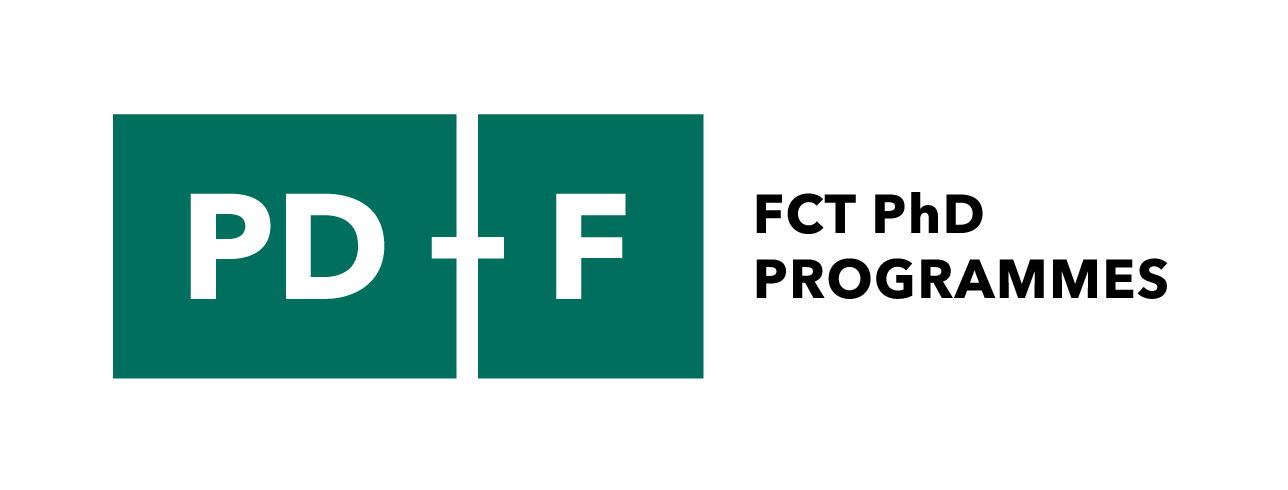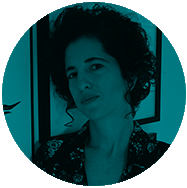Overview
COORDINATION: Margarida Calafate Ribeiro and Paulo Peixoto
The PhD program ‘Postcolonialisms and Global Citizenship’ aims to provide advanced training on the complexity of political, social, and cultural relations in today’s world from a critical postcolonial perspective. Geopolitically, it privileges a comparative and interdisciplinary analysis of the colonial heritage and postcolonial challenges, with a focus on the Portuguese-speaking world. The epistemological horizon of the program focuses on the discussion of new forms of knowledge that can encompass different ways of understanding the world and being in the world.
From history, anthropology, sociology and law to literary and artistic studies, the programme promotes the production of contextual knowledge capable of equating alternatives to the challenges of our times. Topics such as the environmental crises, popular mobilisations in the struggle for dignity and respect for Human Rights and cultural discourses stand out as the basis for a global citizenship and active transformation of the world.
The Doctoral Programme in “Postcolonialisms and Global Citizenship” began in 2004/2005 and was accredited by Agência de Avaliação e Acreditação do Ensino Superior (Agency for Assessment and Accreditation of Higher Education - A3ES) in 2020 for a 6-year term. The programme opens biannually and a new edition every two year. The 2013/2014, 2015/2016 and 2017/18 edition's were funded by FCT.
This doctoral programme is now in its 8th edition and has already graduated 50 students who are now spread around the world, working in universities, national and international scientific and political institutions, and civil society organizations.


The programme addresses the colonial heritage and current postcolonial challenges, with special emphasis on the study of the relations resulting from the colonial confluence in the Portuguese-speaking space. It aims at developing advanced training, stemming from a critique from a postcolonial perspective, on essential issues for an analysis of the framework complexity of political, social and cultural relations in the contemporary world. Its epistemological outlook is based on a discussion around the potential existence of sufficiently broad forms of knowledges to embrace diversity and the hybrid plurality of the diverse ways of being in the world. Its starting hypothesis is that the narrative of modernity is not only confined to the complexity and heterogeneity of the world and to the ways of knowing the world, rather had repressed and silenced other rival narratives by referring them to a subaltern position, within the framework of unequal and often violent power relations. The task at hands therefore involves the production of contextual and positional knowledge able to formulate alternative possibilities that may be the base for the emergence of a genuinely global citizenship founded on the resilience of cognitive injustice.
The modern world was decisively configured by the colonial expansion. In addition, the end of the colonial empires did not stop coloniality, that is to say, the power relations have persisted, and perceptions of the difference continue being critically dominated by the colonial model, as the current hegemonic globalisation structures illustrate. The critique of Eurocentrism brought up by the postcolonial thinking provides a solid foundation for exploring new articulation conditions of alternative epistemologies, and for questioning the dominant narratives, which have been shaping our understanding of the world, therefore unfolding the possibility of promoting an equal cooperation among researchers of the “North” and of the “South” of the world-system.
The postcolonial thinking is, by definition, transdisciplinary. It is understood as a border thinking capable of transgressing disciplinary borders and of disrupting the established dichotomy. Therefore, the doctoral programme, firmly situated on the interface between the social sciences and the humanities, is structured to transversally cover a wide spectrum of knowledge, from literary and cultural studies to sociology, history, anthropology and political science. This plural approach is productively reflected in the way the programme conceives the postcolonial paradigm. In fact, the plural form “Postcolonialisms” aims at highlighting the usually-neglected fact that the first modernity, the Iberian modernity, and the empires that it originated, were historically developed in ways which are not covered, in many aspects, by the dominant postcolonial theories of Anglo-Saxon nature. The thereby generated invisibility effect results in a significant “waste of experience” (Boaventura de Sousa Santos), as the specificities of the contexts, explicit or implicitly ranked as subaltern, are not considered or tend to be assimilated by the standard narratives, resulting in the reduction of a tremendously problematic complexity.
By highlighting a wide range of issues made invisible by hegemonic paradigms, the program figures as a reflexive and self-reflexive training space for complexity. The translation metaphor adequately describes the objective pursued by the programme of facing the diversity of experience and the different approaches to knowledge in order to provide articulation and mutual intelligibility conditions without sacrificing difference in the name of blind assimilation. At the same time, by focusing on the contemporary through the attention it gives to issues related to the State, society and culture in the current world-system, the program conceives the notion of contemporary as the constellation of a dense semantics of historical time and thus constant resorts to historical contextualisation.

Encouraging critical and interdisciplinary thinking on colonial legacies, racism, genocides, and inequalities, the programme promotes South-South and North-South dialogue. It is a space with people from diverse backgrounds engaged in struggles for reparation, equity and socio-environmental justice.
Livia Almendary, all but dissertation (Brazil)

"Slavery and colonisation produced a violent world system that urgently needs to be transformed. POSCOL allows me to reflect deeply on this reality, standing out for a serious engagement both in the production of transformative knowledge and in the contemporary struggles that require more articulated, transdisciplinary and sophisticated questions, answers and actions."
Apolo Carvalho, all but dissertation (Cape Verde)

